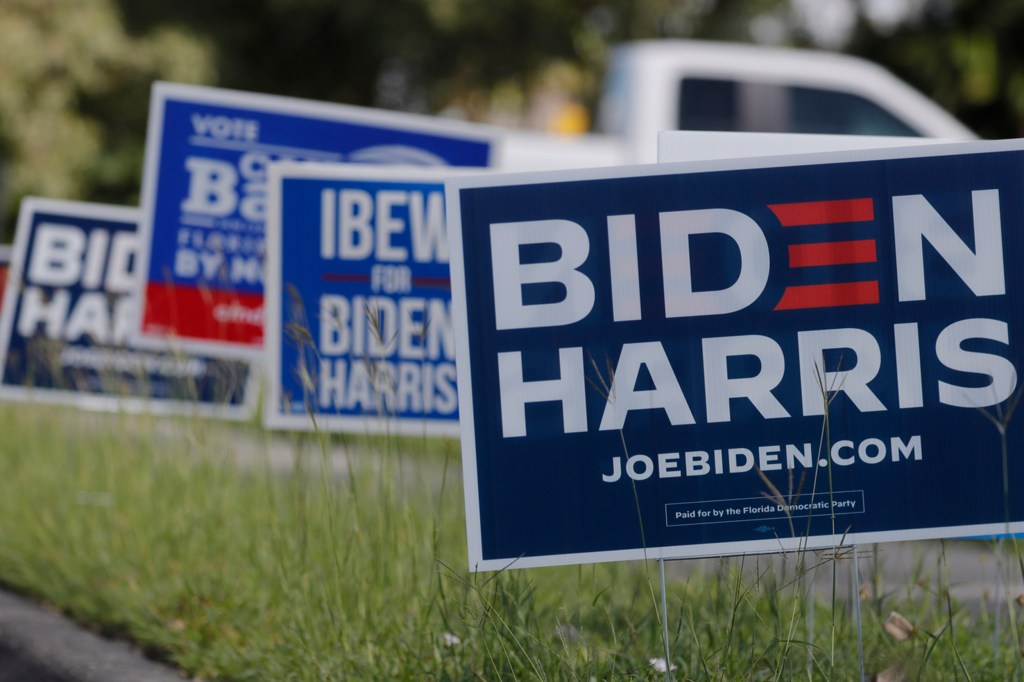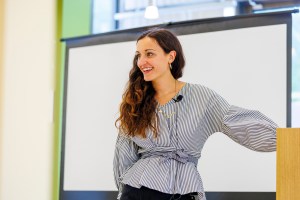Nation & World
-

A tale of three cities — and their turn to right in heartland
Government professor’s new book focuses on roles of race, class, and religion in evolution of former New Deal Democrats
-

Why do election polls seem to have such a mixed track record?
Democratic industry veteran looks at past races, details adjustments made amid shifting political dynamics in nation
-

You’d never fall for an online scam, right?
Wrong, says cybersecurity expert. Con artists use time-tested tricks that can work on anyone regardless of age, IQ — what’s changed is scale.
-
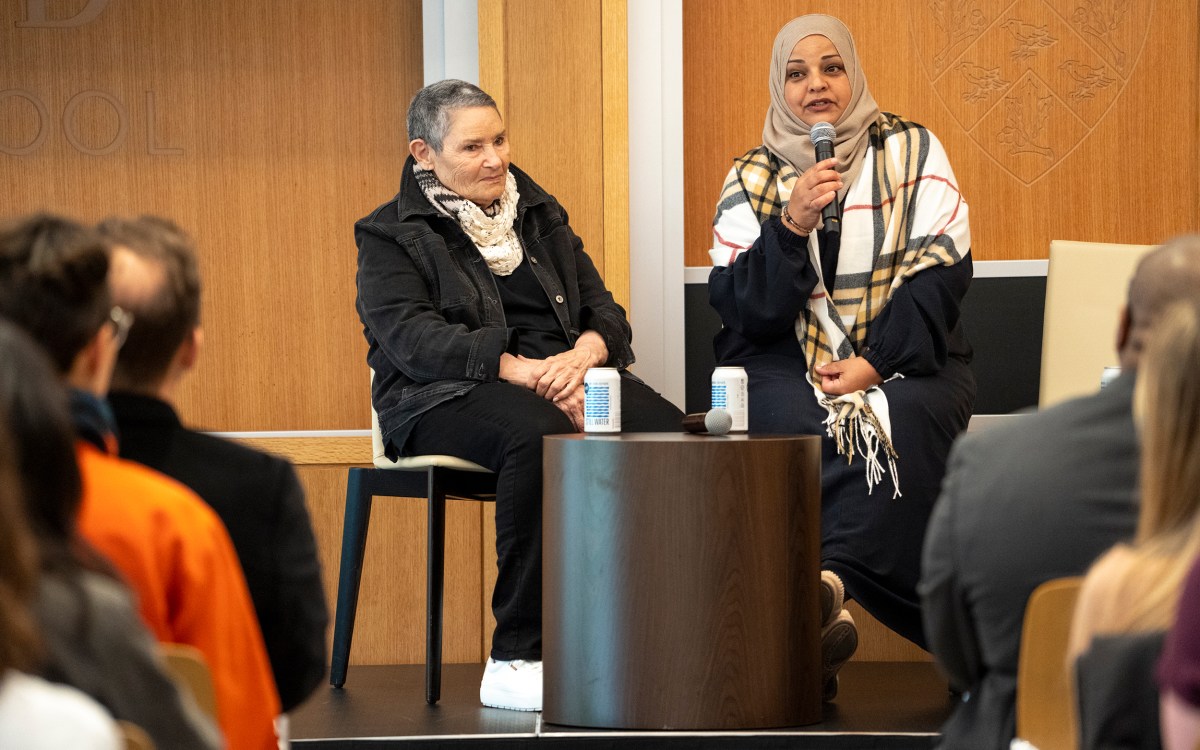
Two bereaved mothers who know price of war work for peace
Layla Alsheikh, Robi Damelin argue path to Mideast reconciliation begins with acknowledging common humanity
-
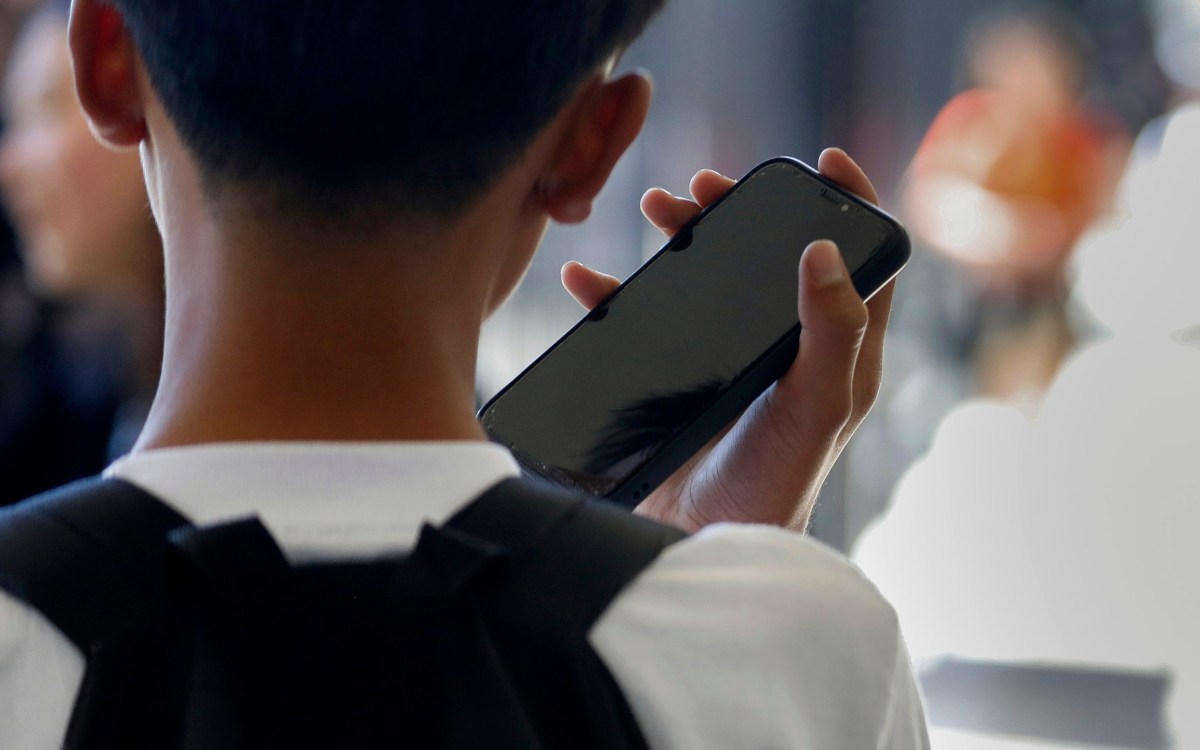
Taking the phones out of school
In podcast episode, experts discuss growing movement to restrict devices in class
-
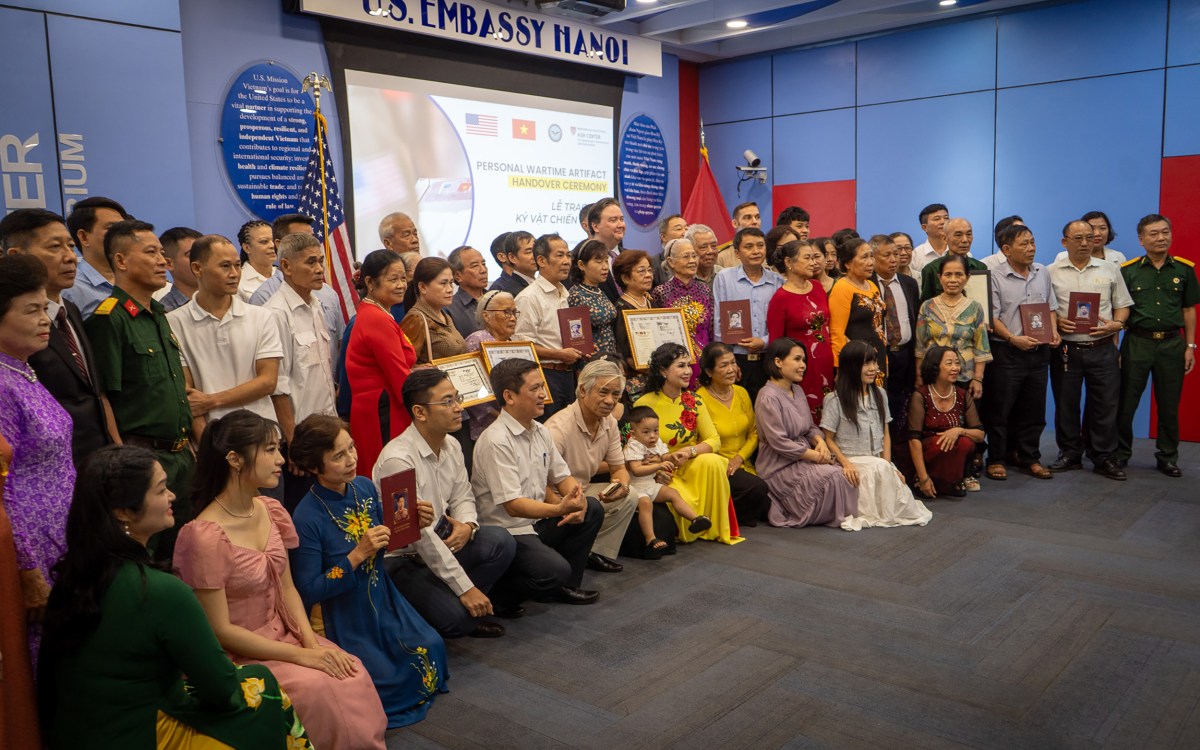
‘The first new information we’ve heard in 50 years’
Unseen Legacies researchers are answering decades-old questions about the fates of Vietnamese soldiers
-
French and German activist politicians discuss battling racism with legislation
Two prominent European human-rights activists appeared in a trans-Atlantic Harvard event on Thursday to discuss ways legislation on that continent can and has been used to fight racism.
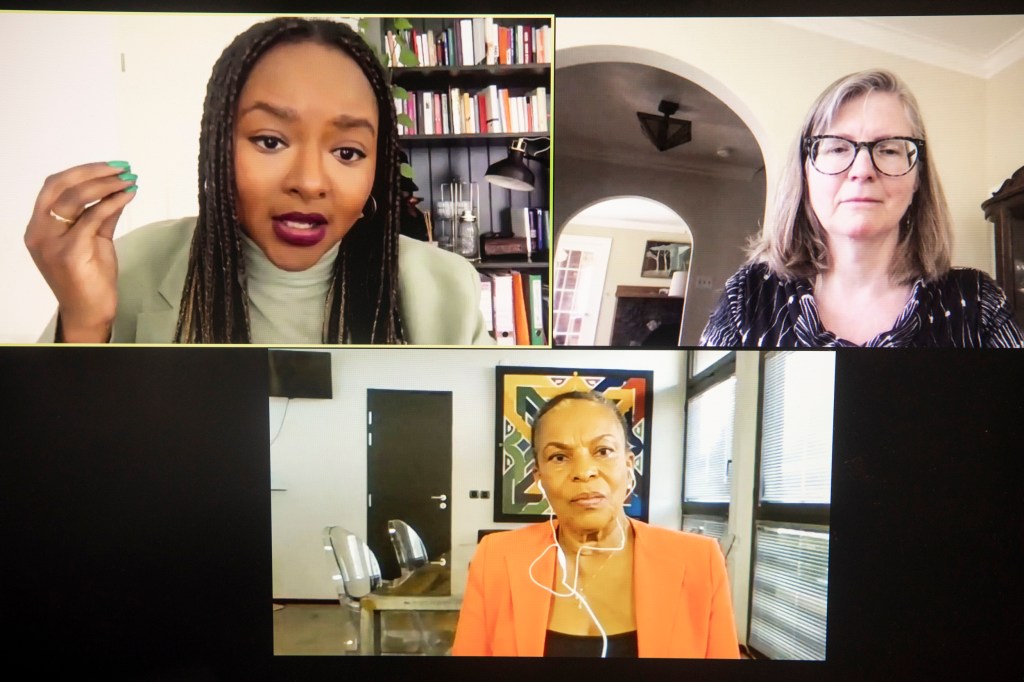
-
Analysts in economics, public policy give Biden infrastructure plan high marks
President Biden’s $2.3 trillion infrastructure plan has been criticized by Republicans and rankled some centrist Democrats, but Harvard experts welcome the initiative.

-
How to get people to talk to one another again? Citizens’ assemblies
As part of The Solutions series, we interview Jane Mansbridge about a proven idea to help citizens engage in civil dialogue.
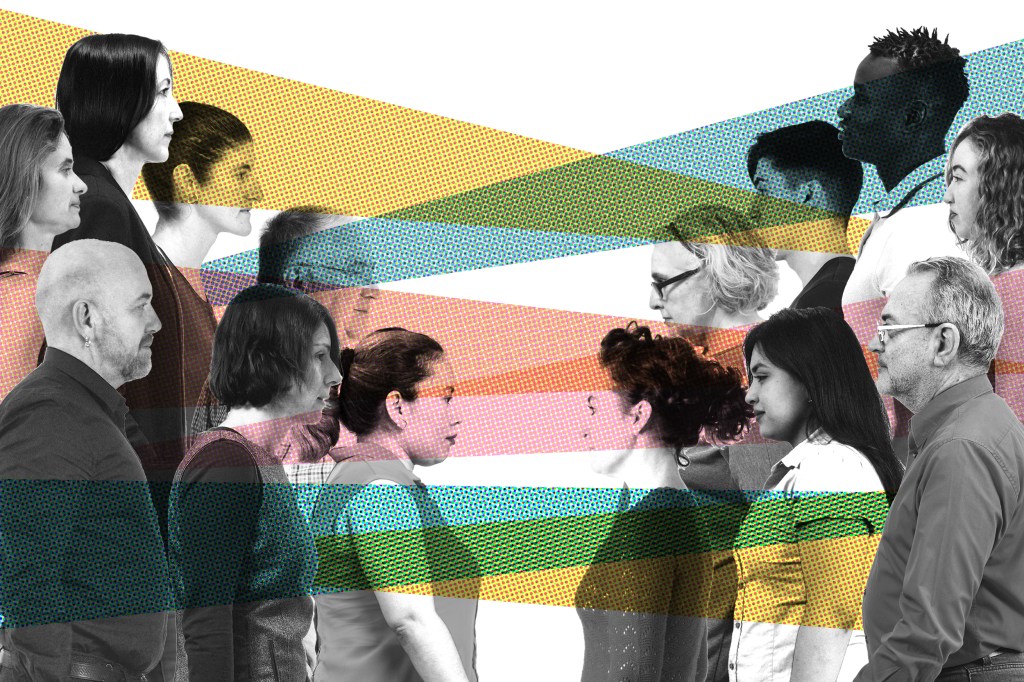
-
Why the COVID-19 outbreak in Brazil has become a humanitarian crisis
Marcia de Castro, Andelot Professor of Demography at Harvard T.H. Chan School of Public Health, discusses the COVID-19 crisis in Brazil.
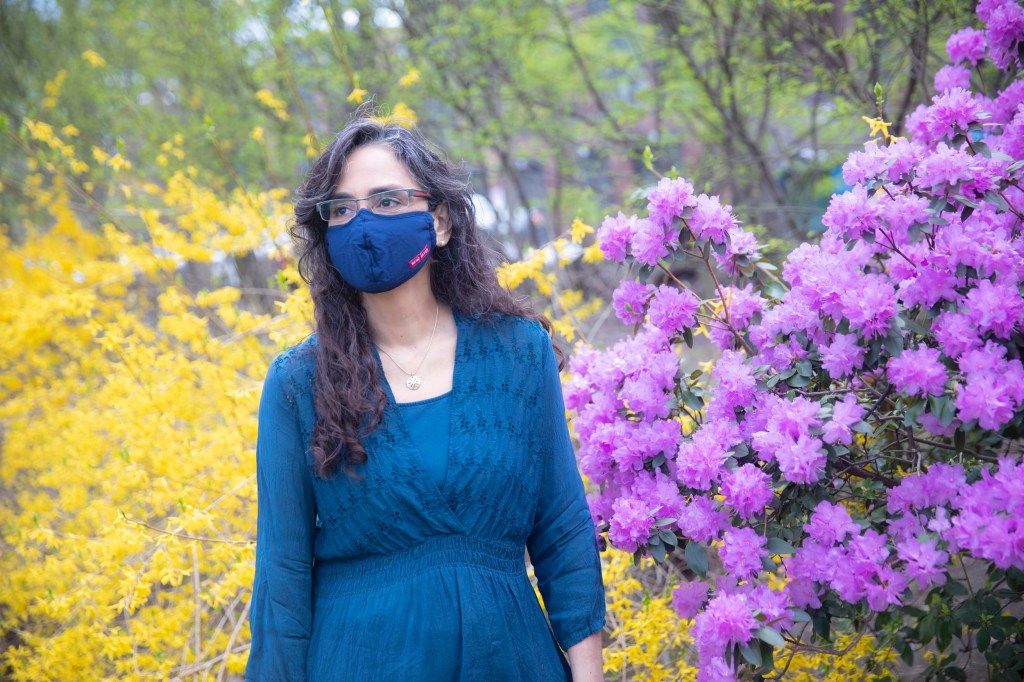
-
Climate change as a national security issue
Former Secretary of State Kerry calls climate change one of the biggest threats facing the nation.
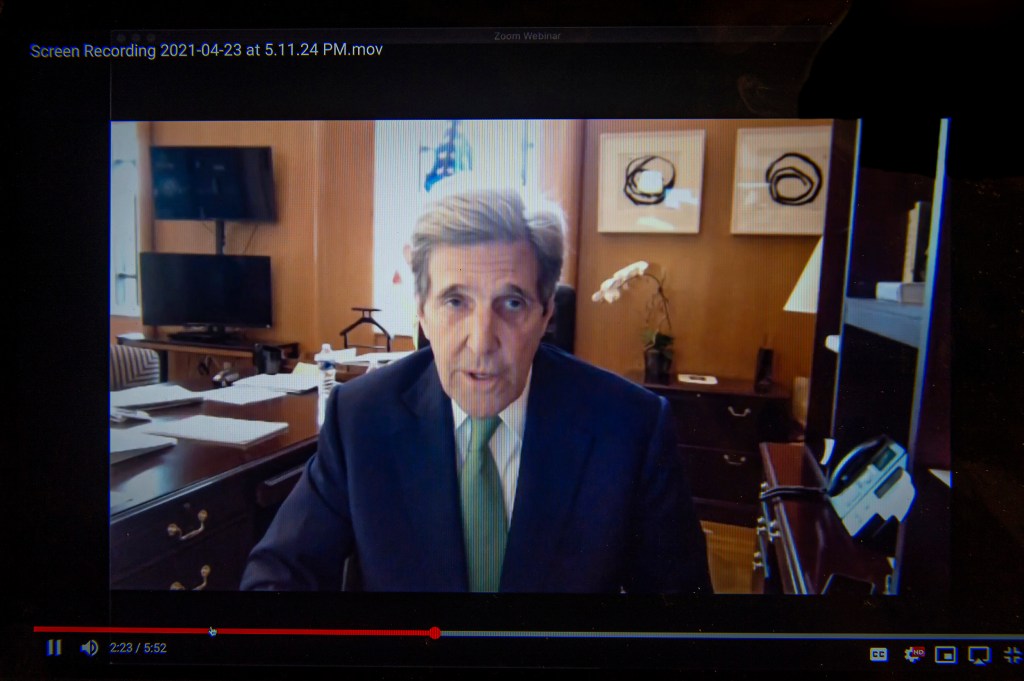
-
The fight for environmental justice
The Environmental and Energy Law Program and C-Change, two Harvard groups focused on climate change, are crafting solutions to support communities of color whose members have experienced the impacts of climate change at a higher rate than others.
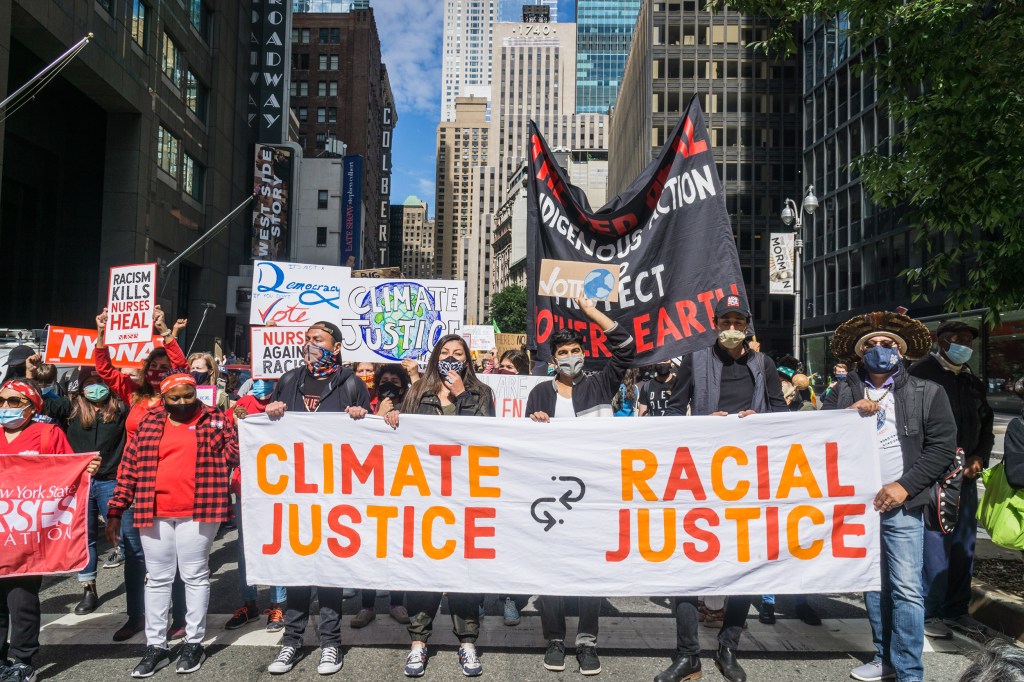
-
In 14 months lost, some new educational gains
“Making Schools More Human,” part of the Graduate School of Education’s Education Now webinar series, explored what was learned from the pandemic that can be used to improve education going forward.
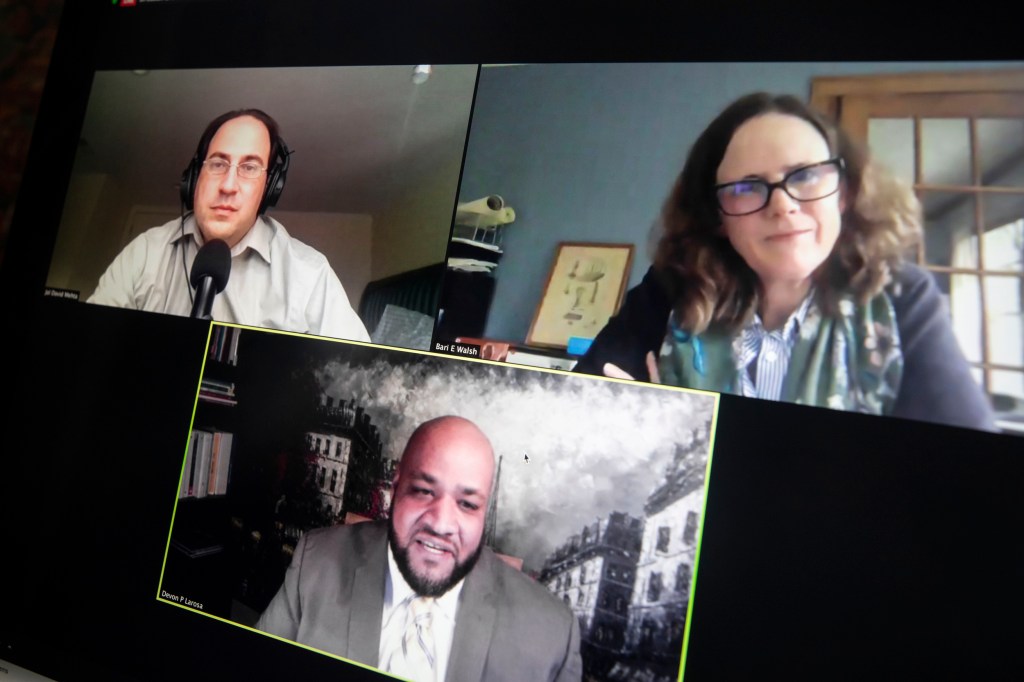
-
The GOP house divided
Why are so many elected members of the Republican Party still following Trump? Self-preservation, said Tim Alberta, who covered Republican and conservative politics for Politico magazine and is a newly named staff writer for The Atlantic, during a Shorenstein Center virtual talk about the GOP’s future with Harvard Kennedy School lecturer Richard Parker.
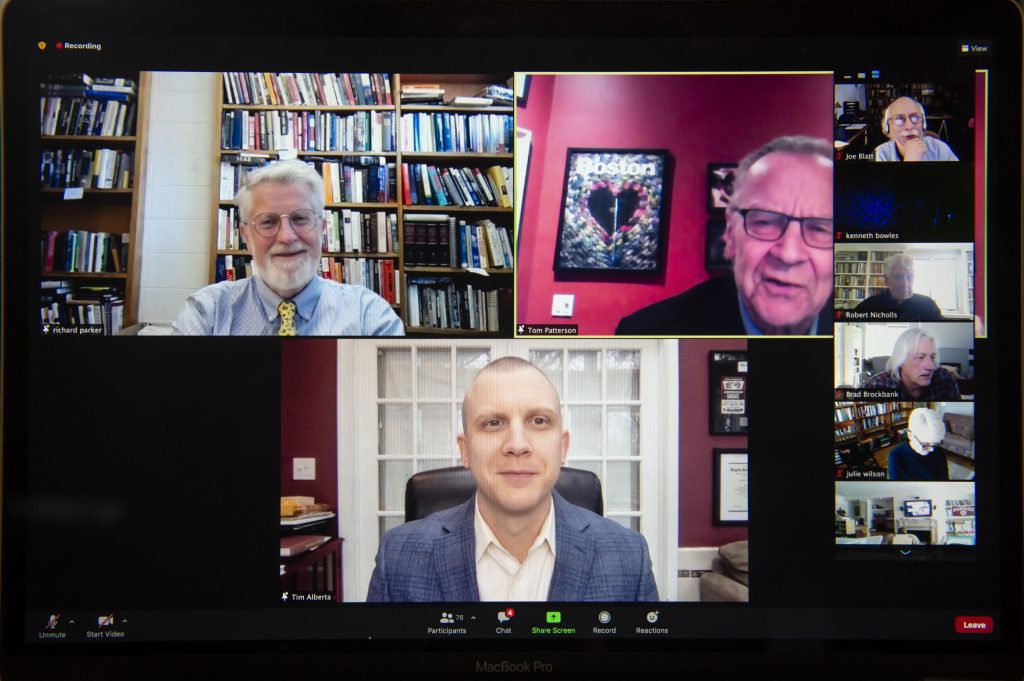
-
Ensuring the Floyd trial becomes a turning point
Harvard Kennedy School Professor Cornell Brooks reacts to the jury’s verdict in the trial of white Minneapolis police officer Derek Chauvin, who was convicted of killing George Floyd, a Black man.
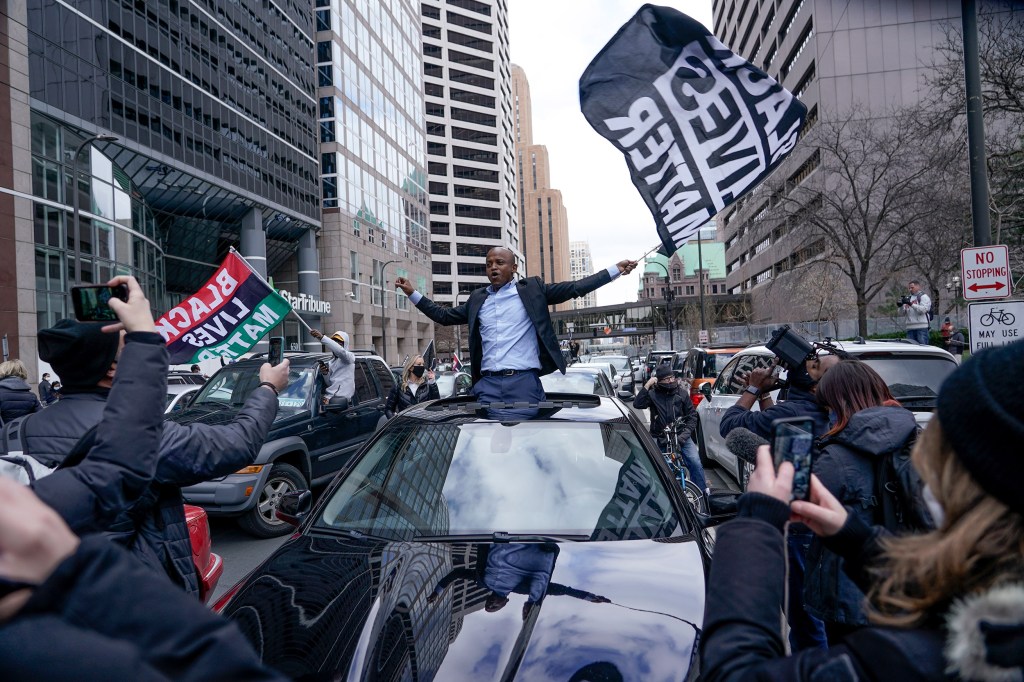
-
A viral video spurs Biden’s denunciation of anti-Asian violence
A video posted by Amanda Nguyen ’13 was the starting point for Friday’s virtual JFK Jr. Forum discussion, “Protecting the Civil Rights of Asian Americans,” between Nguyen and CBS News senior White House correspondent Weijia Jiang.
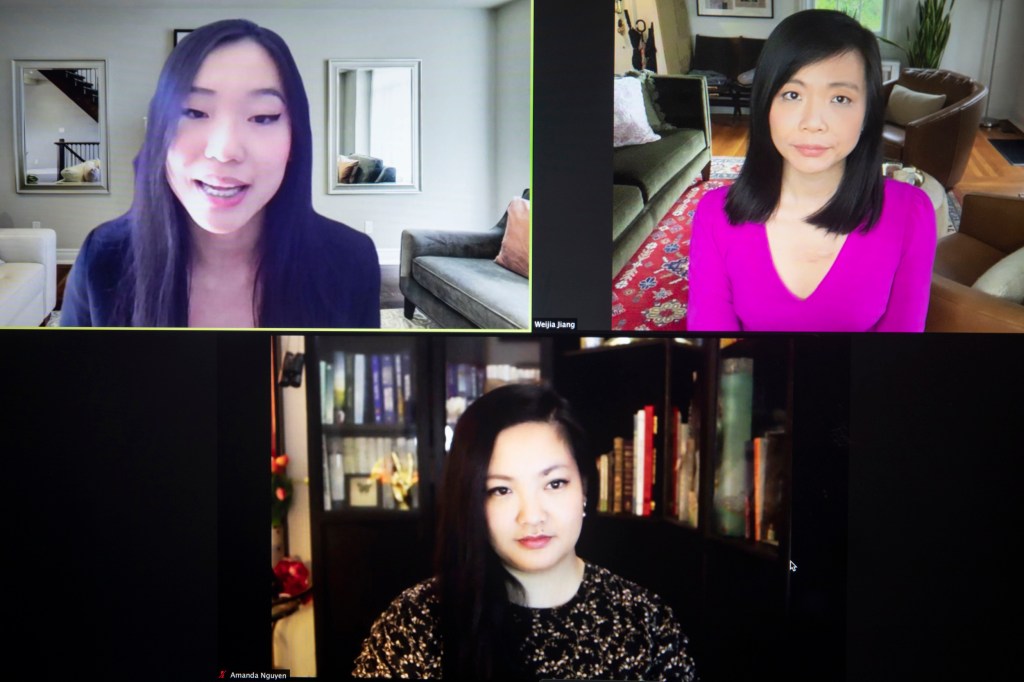
-
Curbing gun violence in the United States
Stopping gun violence will take myriad approaches, according to David Hemenway, professor of health policy at Harvard T.H. Chan School of Public Health, director of the Harvard Injury Control Research Center, and author of the 2006 book “Private Guns, Public Health.”
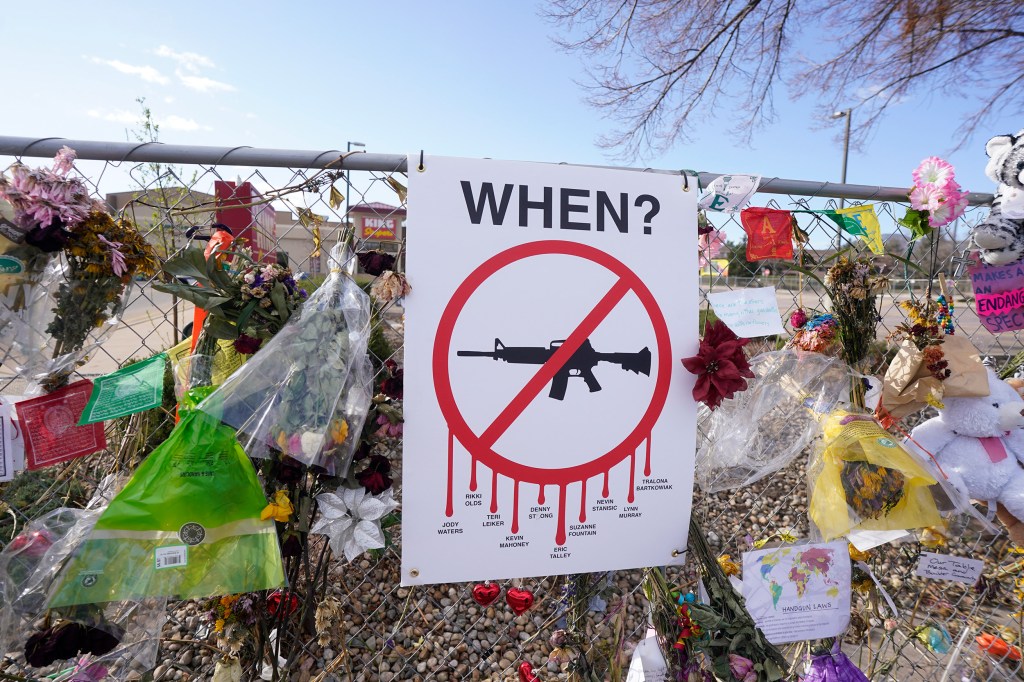
-
Biden’s reversal of Trump’s environmental legacy swift, far-reaching
The Biden administration’s actions on the environment have been fast and broad, reversing many anti-environmental policies of the prior administration, despite being limited in many cases to executive action and targeted spending due to Congressional Republican opposition.
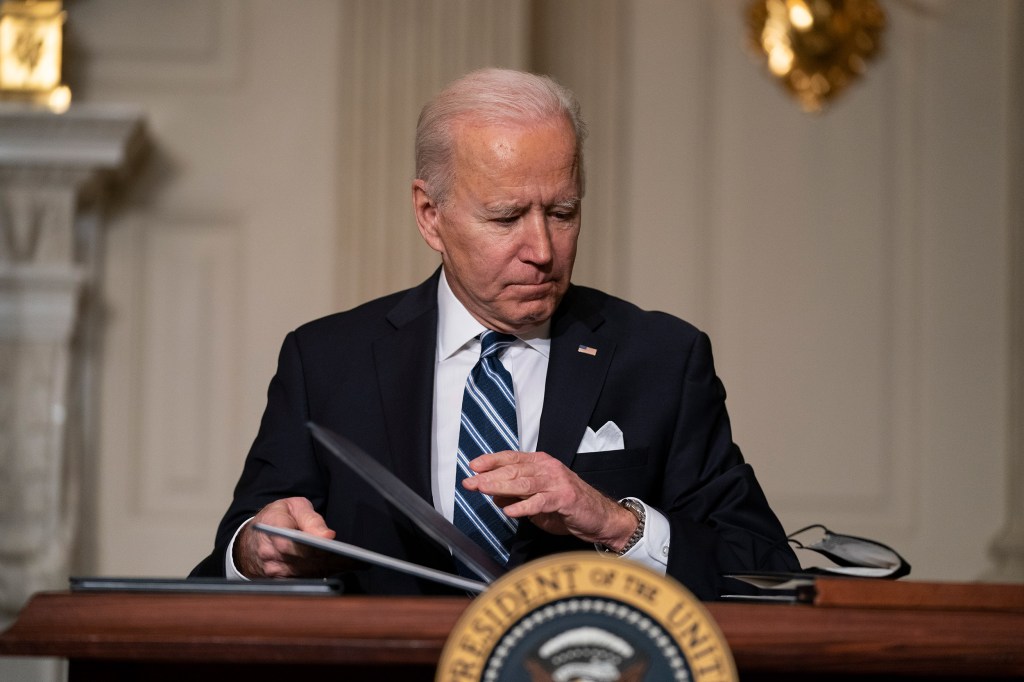
-
Clinton reflects on foreign policy triumphs and challenges
Former President Bill Clinton gave the inaugural Stephen W. Bosworth Memorial Lecture in Diplomacy in honor of the late U.S. ambassador, looking back on his international actions that still reverberate in U.S. foreign relations today.
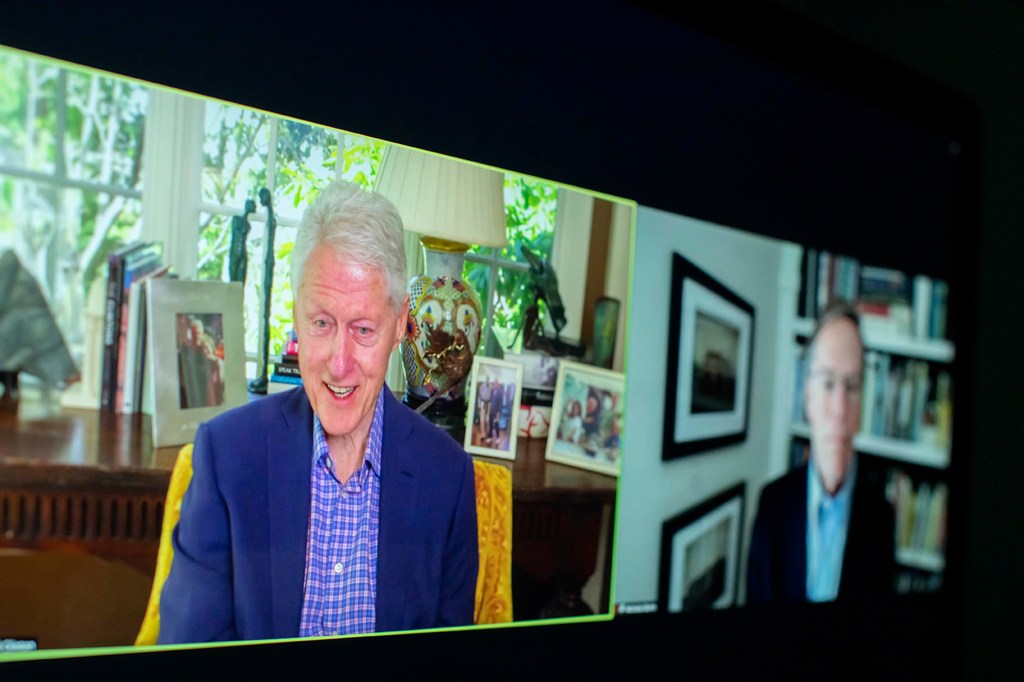
-
Retracing steps to anti-Asian racism
As Asian Americans face random acts of violence, a symposium looks at centuries of entrenched racism, much of which has been fostered, if not engendered, by the media and the fears of white America.
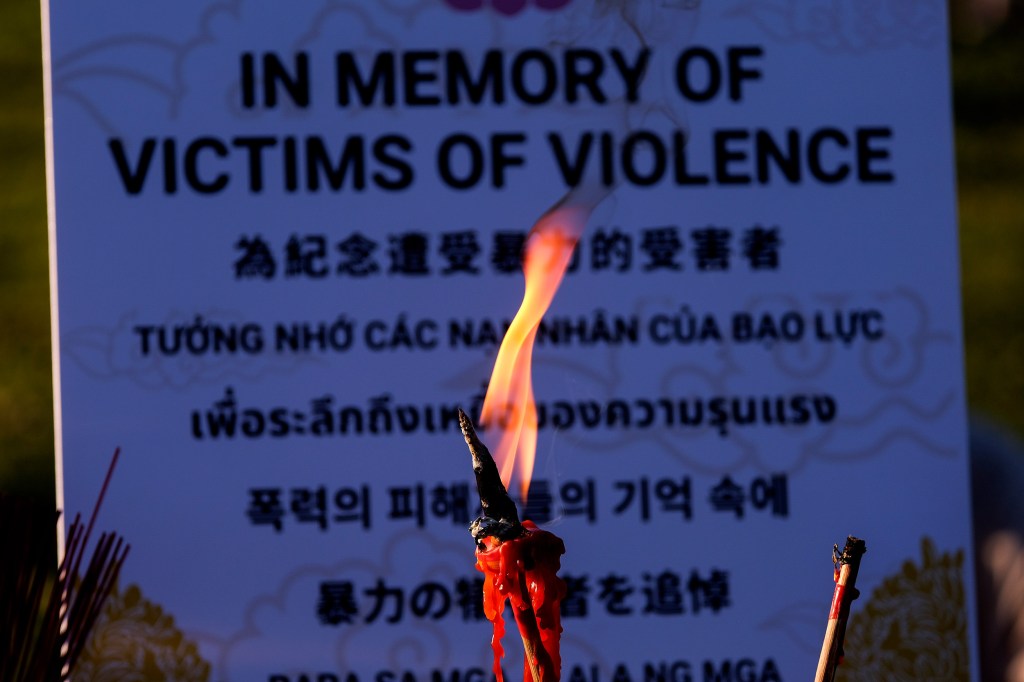
-
Rallying religious and health leaders to prevent child abuse
“Faith and Flourishing: Strategies for Preventing and Healing Child Sexual Abuse,” an online symposium on April 8, will bring together survivors, public health experts, and religious leaders from various traditions to explore best practices for confronting and ending such abuse as well as promoting recovery.
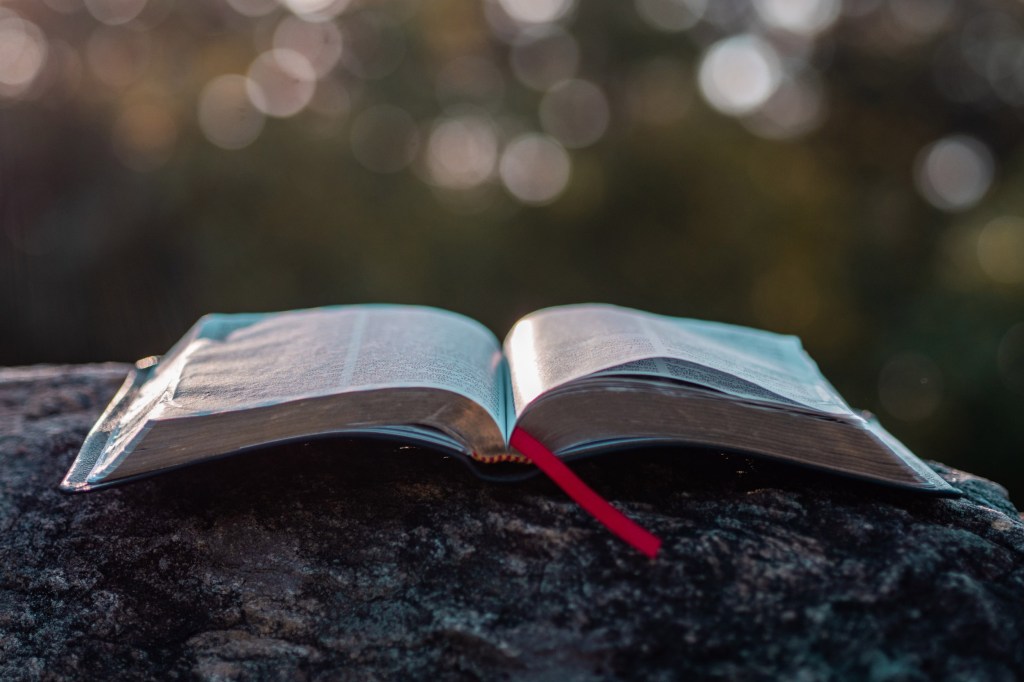
-
An emphasis on diversity in Biden’s first court nominees
Maya Sen, a political scientist and professor of public policy at Harvard Kennedy School, praises President Biden’s initial picks to fill vacancies on the federal bench.
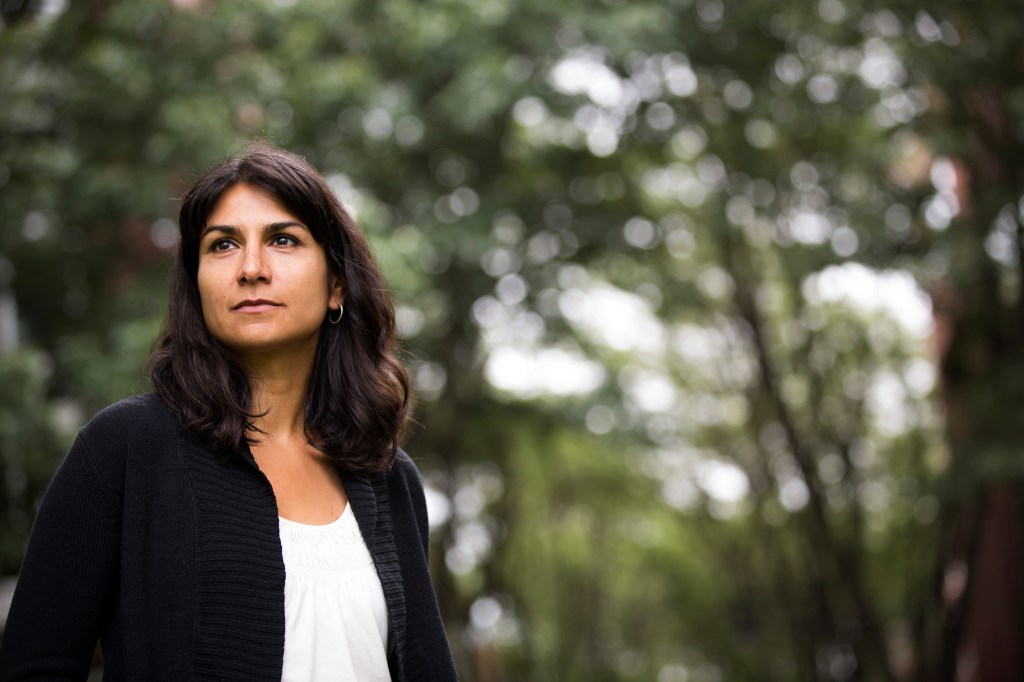
-
A reckoning on Native American remains and cultural objects
Gazette spoke with Philip Deloria, chair of the NAGPRA Advisory Committee, and past chair of the Repatriation Committee at the Smithsonian Institution’s National Museum of the American Indian, to learn about the importance of following both the law and the spirit of the process, what the Peabody has already accomplished, and its future plans.
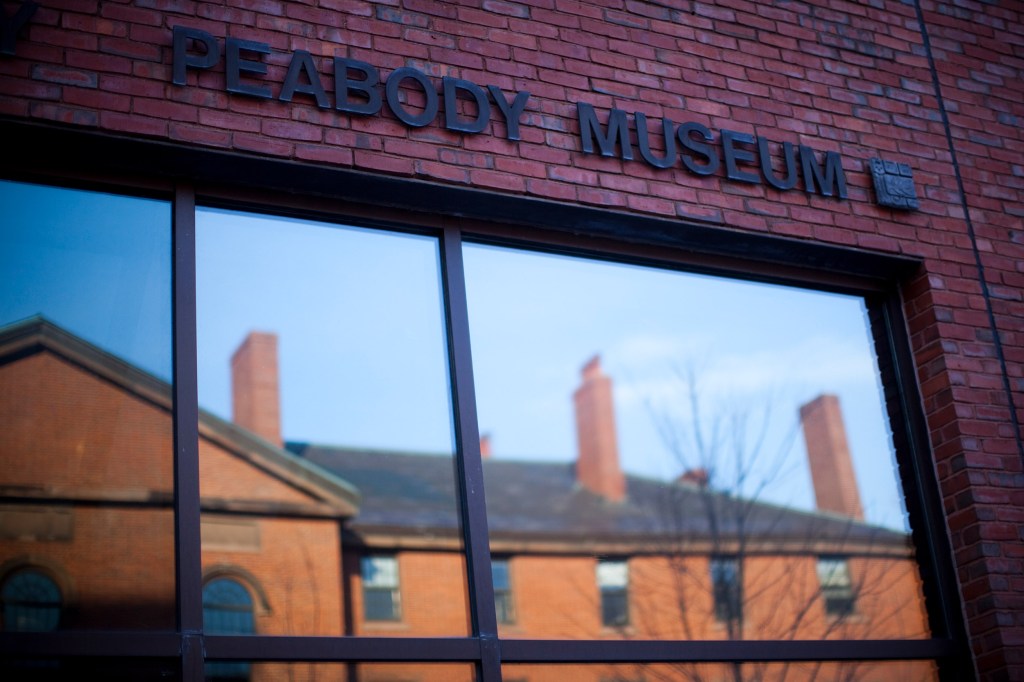
-
Post-pandemic challenges for schools
Bridget Long, dean of the Harvard Graduate School of Education, discusses the impact of the COVID-19 crisis in the field of education.
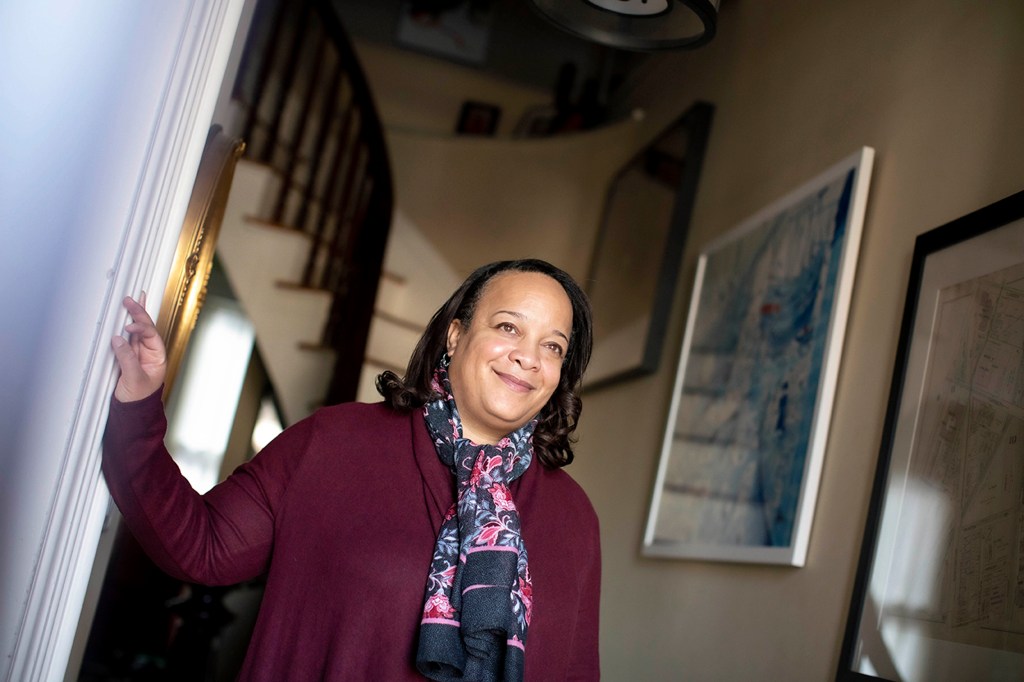
-
Reordering the court
The Law School panel “Reform of the Supreme Court?” looked at current problems in the Supreme Court, and possible ways to fix them.
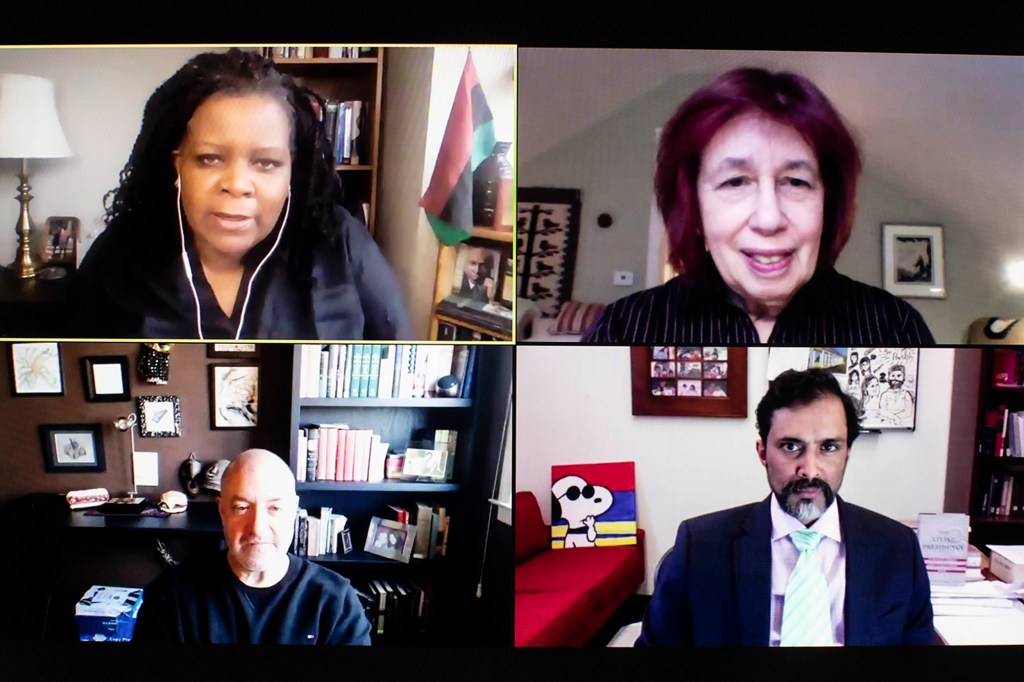
-
Fighting for equality at the ballot box
Law School affiliates talk about the fight for racial equality at the voting booth.
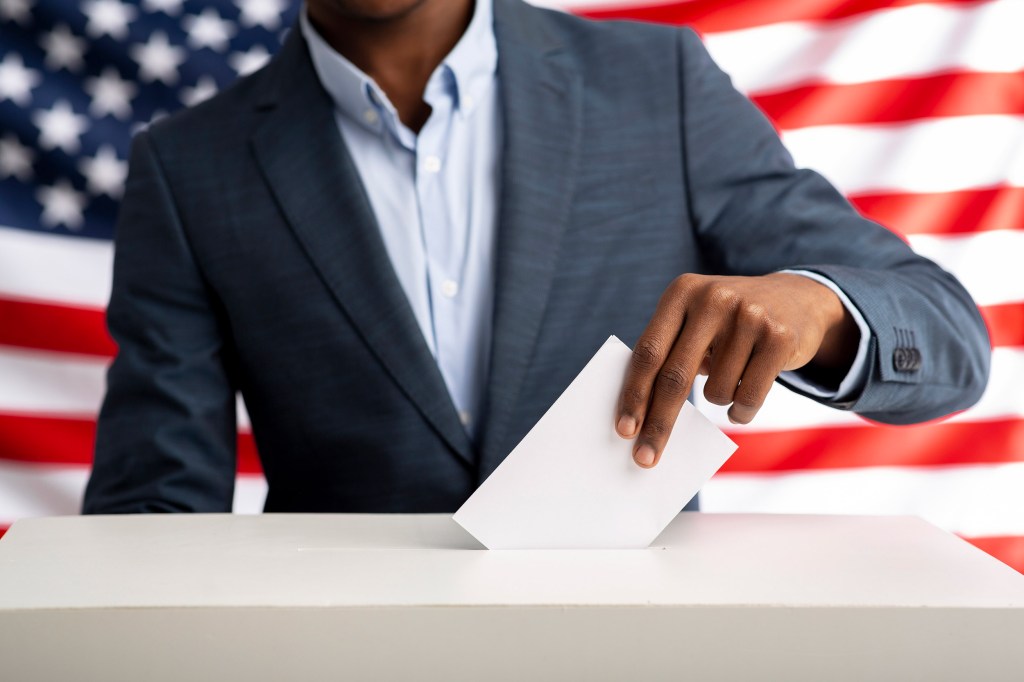
-
Origins of a storm and the roots of a reckoning
Lawrence Bobo, W.E.B. Du Bois Professor of the Social Sciences, examines the roots of this current racial reckoning in the leadership that grew out of the 2014 shooting death of Michael Brown at the hands of police officer Darren Wilson in Ferguson, Missouri.
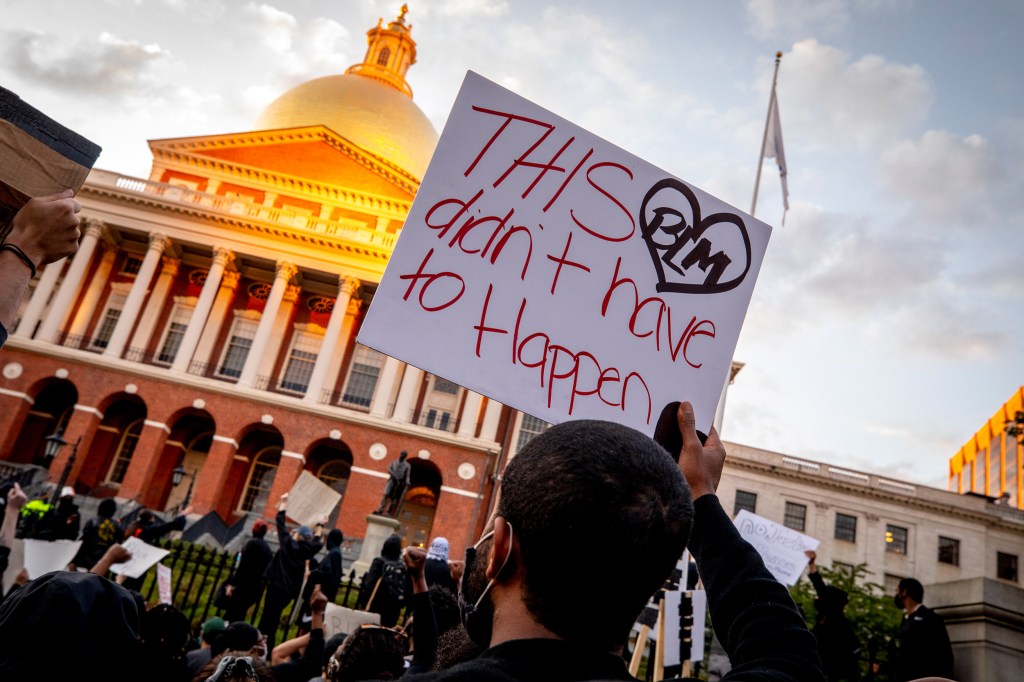
-
In their own words
Aaron Mukerjee ’16, J.D. ’21, discusses the The Voting Rights Act, which aims to help minority-language voters have their voices heard.
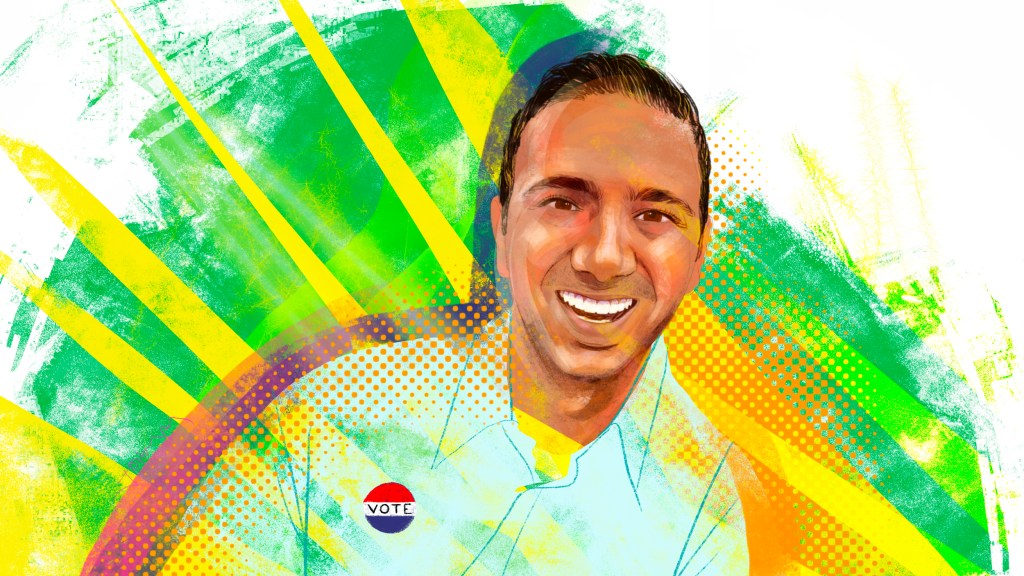
-
Keeping students on campus for their health and safety?
During the influenza pandemic of 1918, Harvard kept students on campus and imposed quarantine and isolation when necessary.
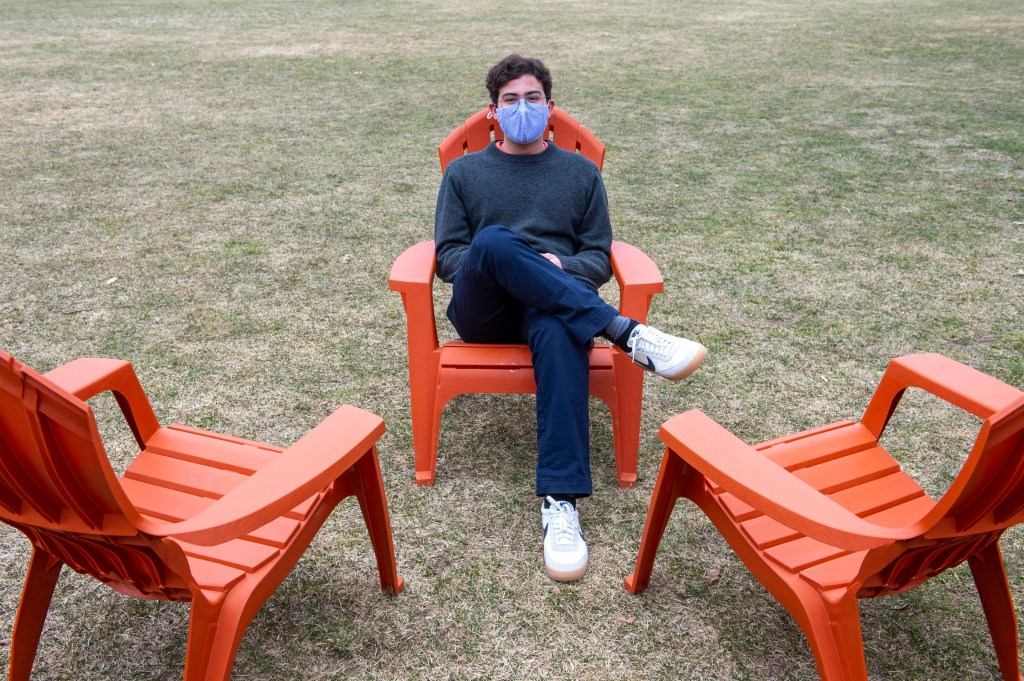
-
The main public health tool during 1918 pandemic? Social distancing
The Gazette looks at the history of social distancing, which, along with masks and vaccines, is still an effective strategy to stem the spread of COVID-19.
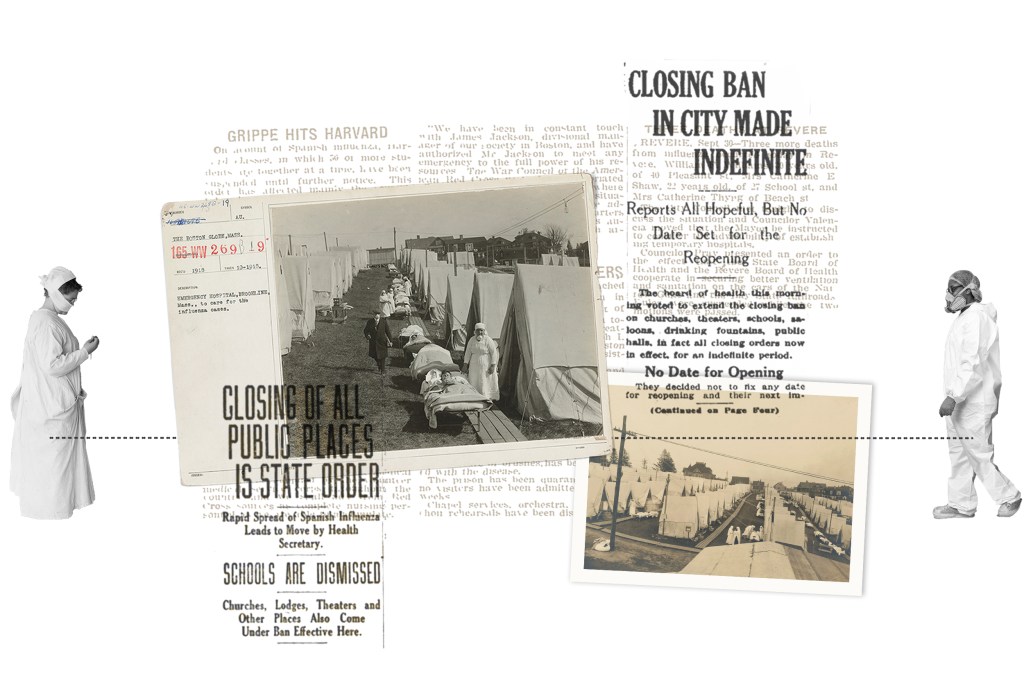
-
Celebrating a bicentennial of democracy in its birthplace
Two hundred years ago today, Greece declared its independence. From the start, Harvard was there, helping both in the fledgling Mediterranean country and back in the United States.
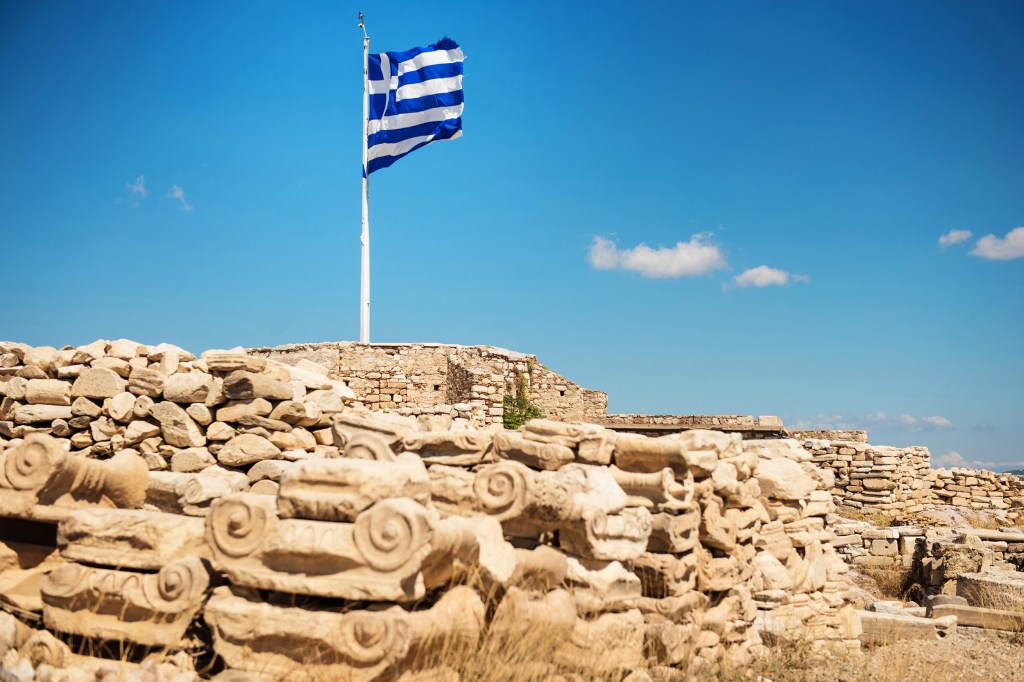
-
The scapegoating of Asian Americans
Anti-Asian hate crimes were on the rise in the wake of the COVID-19 public health crisis, but after the Atlanta shootings that left eight people dead, six of them women of Asian descent, there is renewed sense of urgency to denounce racism and scapegoating.
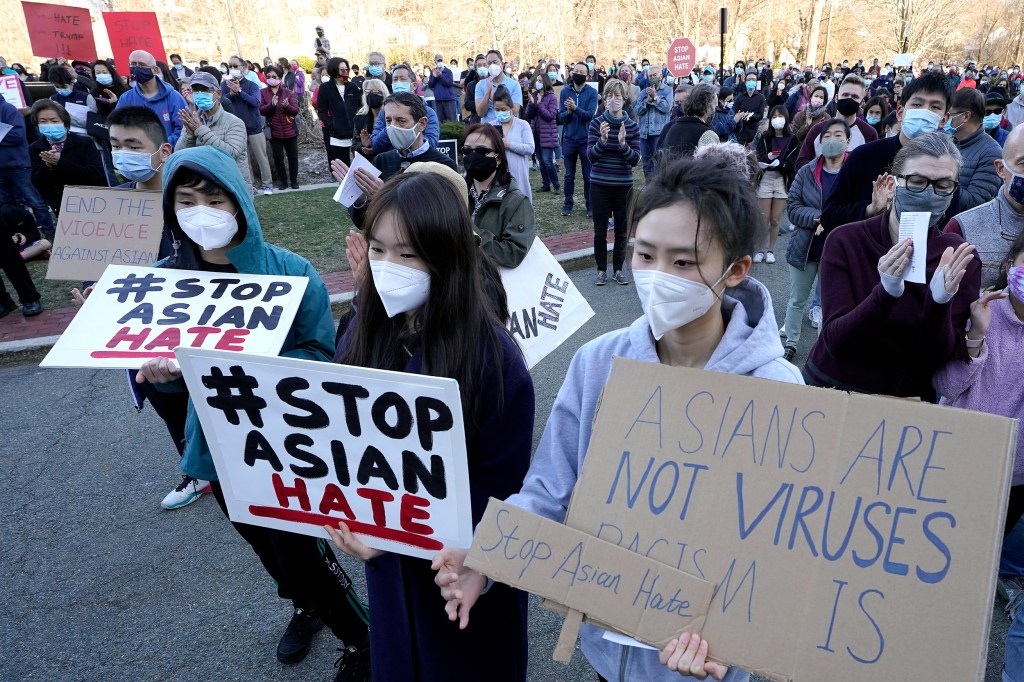
-
From Russia, without love
Russia expert Fiona Hill discusses the outlook for U.S.-Russia relations under the new Biden administration.
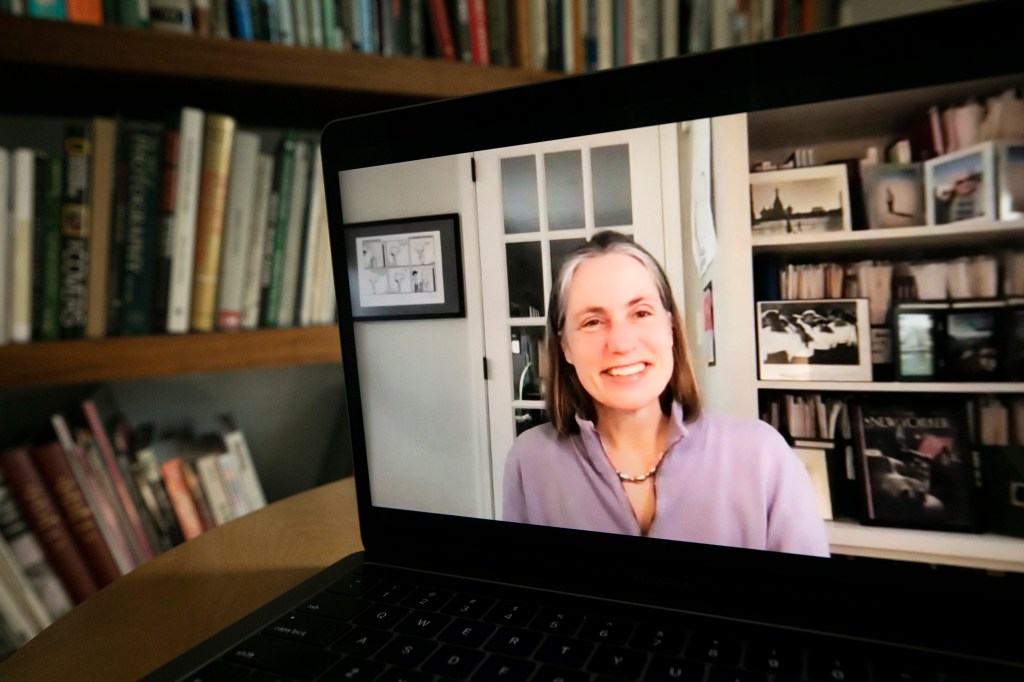
-
Hidden figures
Many technology firms insist they would love to hire more Black women but just don’t know where to find them. Two female security experts aren’t buying that, so they decided to show them just how easy it is.
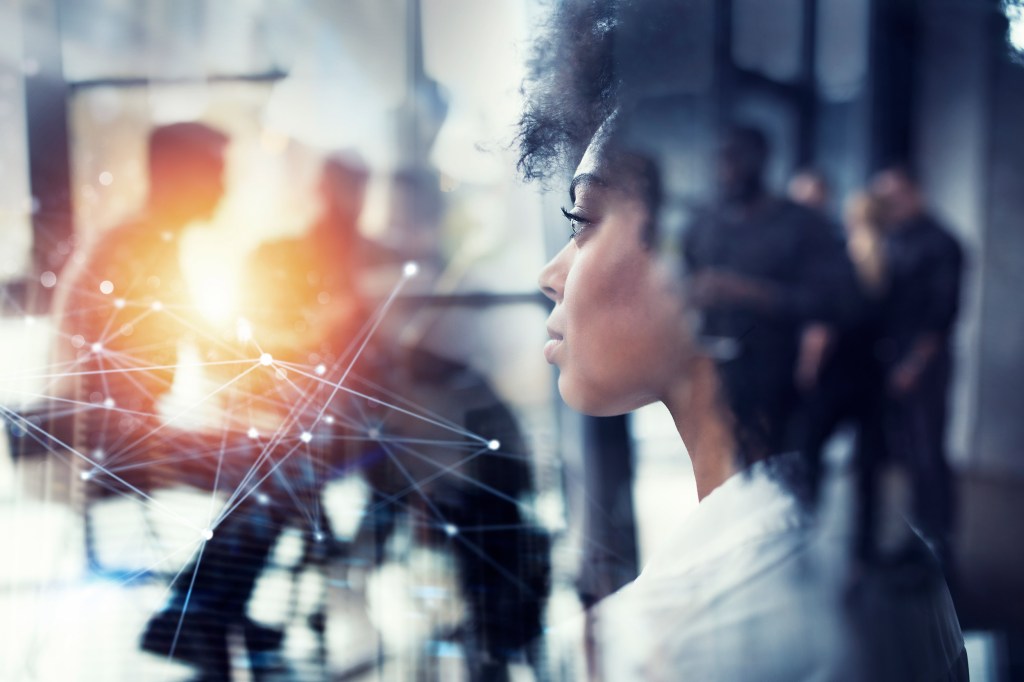
-
Racism, far before slavery
At a Harvard Lecture, Wellesley College Professor Cord J. Whitaker discusses Black history beyond beyond chattel slavery in the Americas.
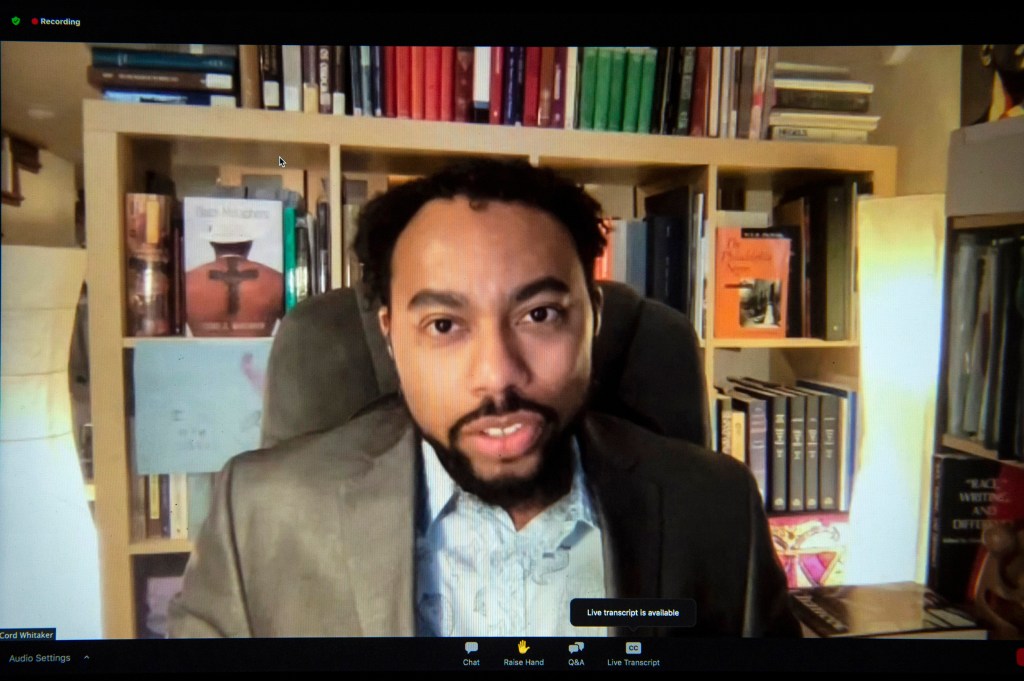
-
Democrats and Republicans do live in different worlds
New research by Harvard team finds that most Americans live in partisan bubbles, largely isolated from and rarely interacting with those from another party.
